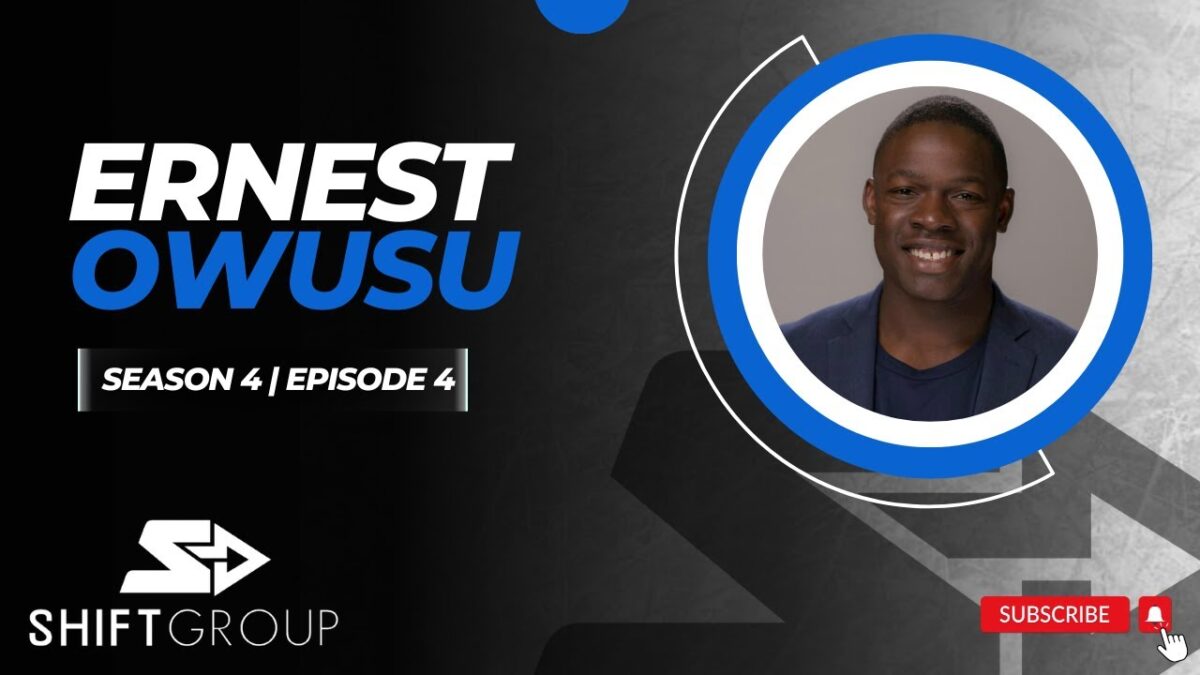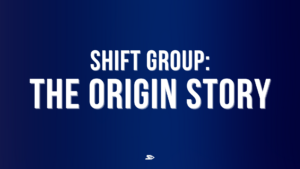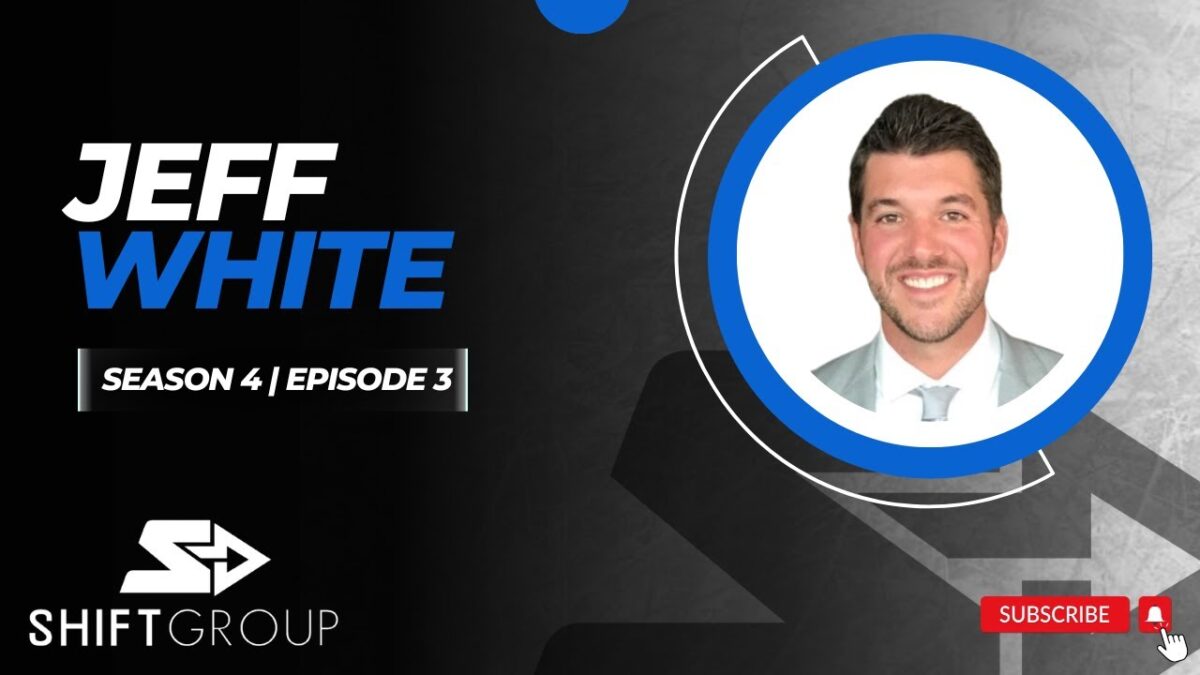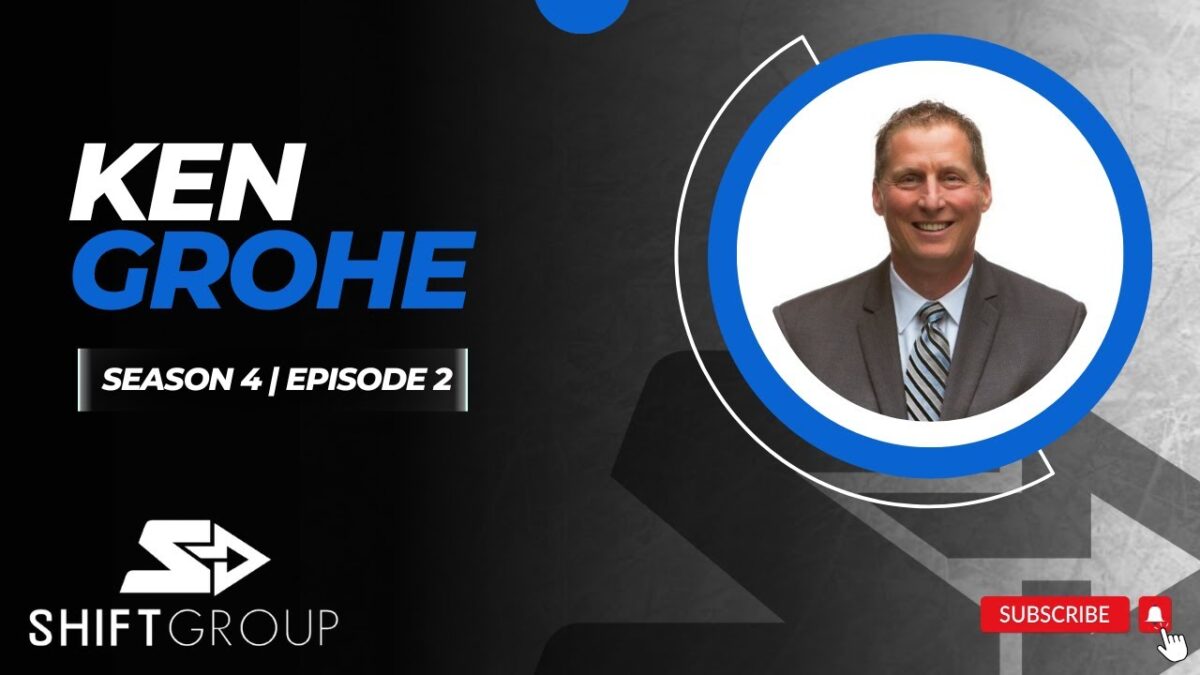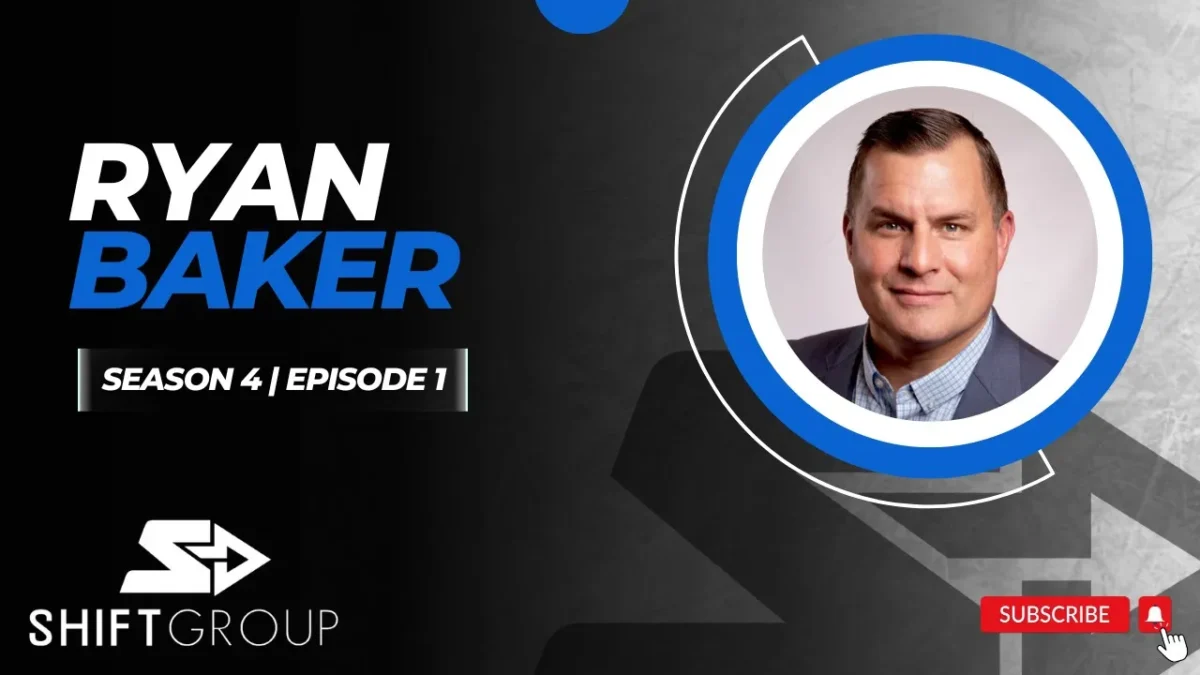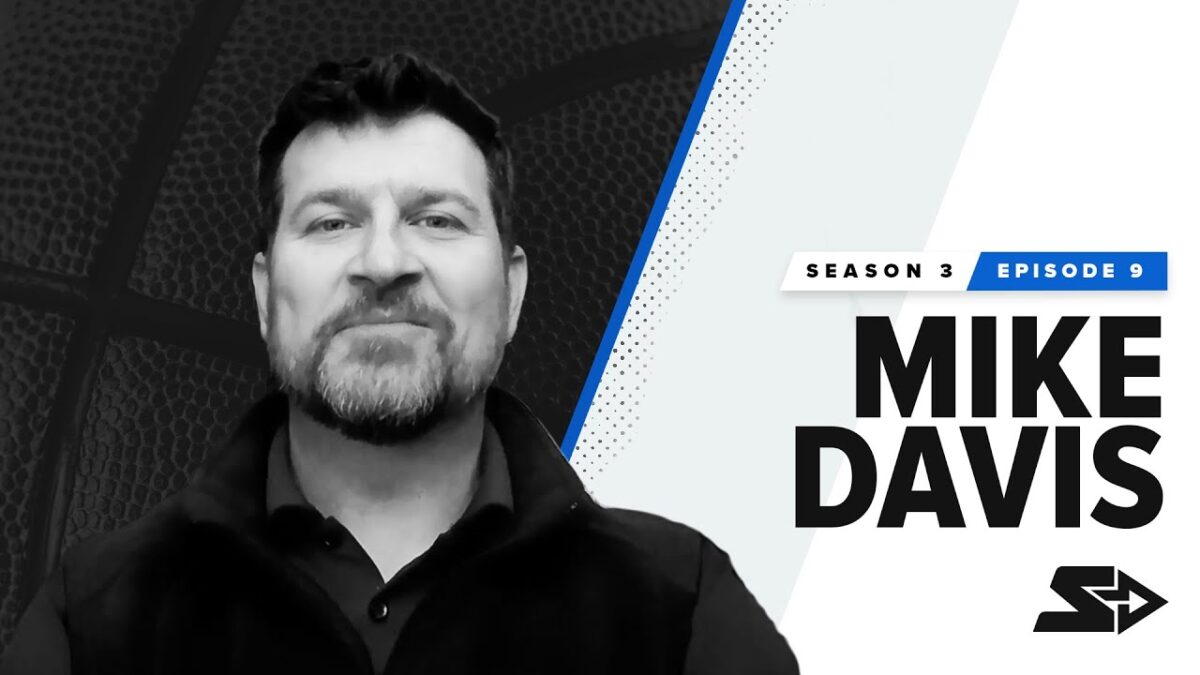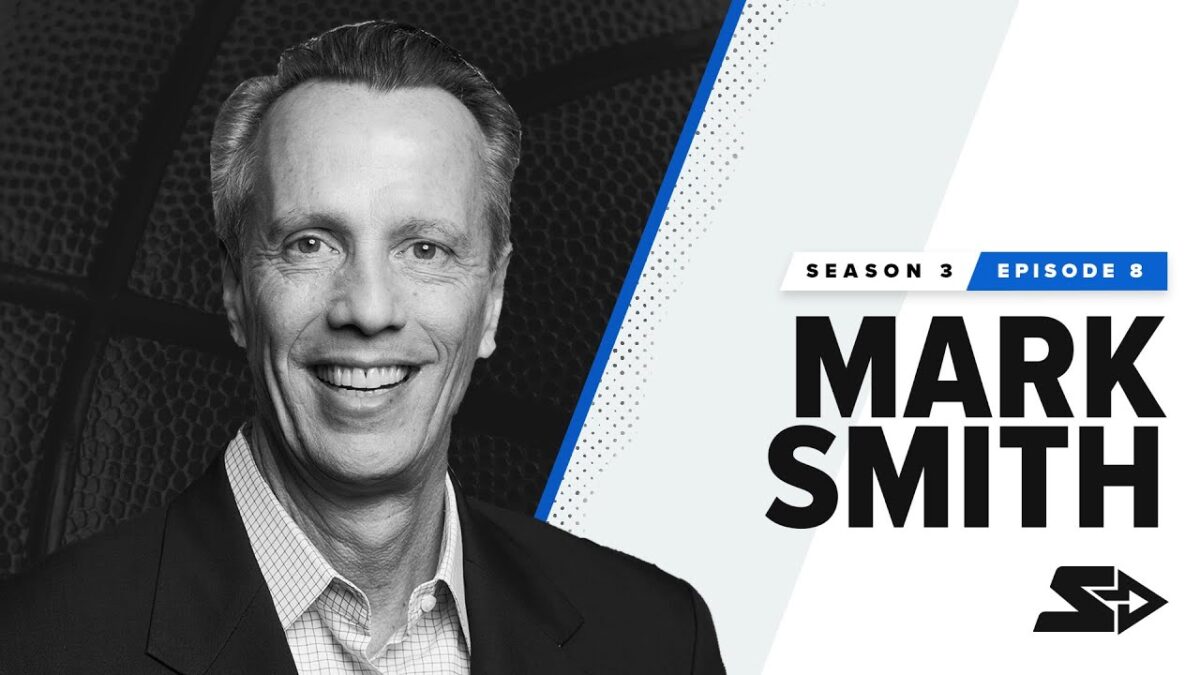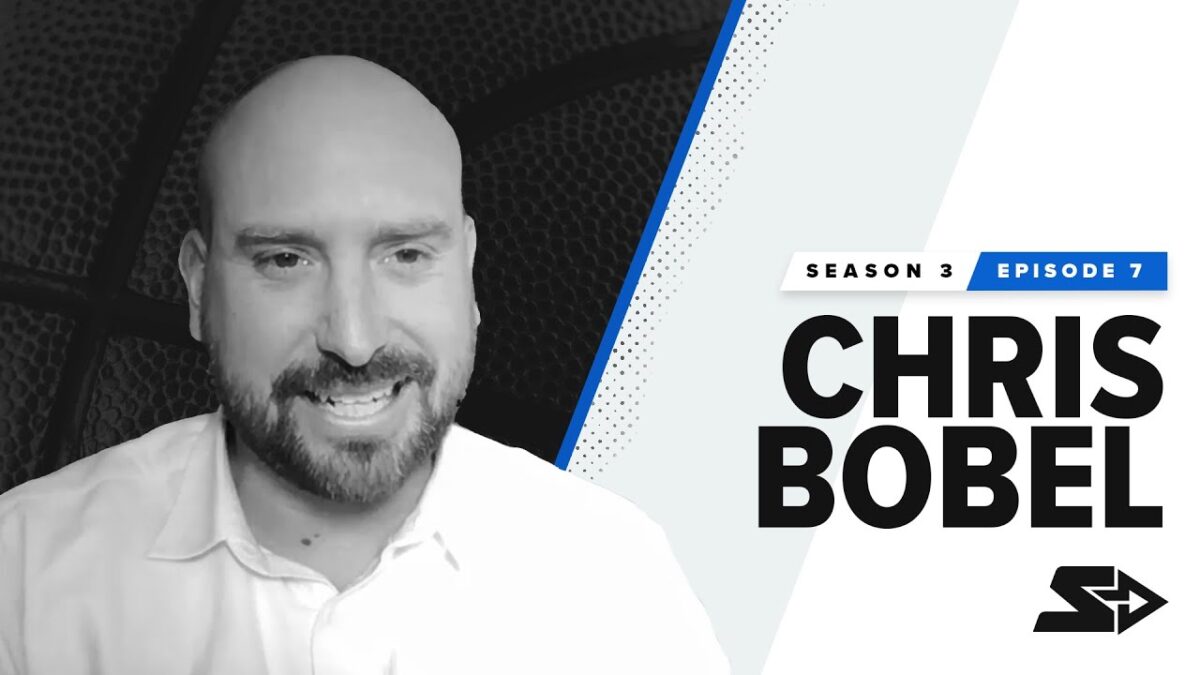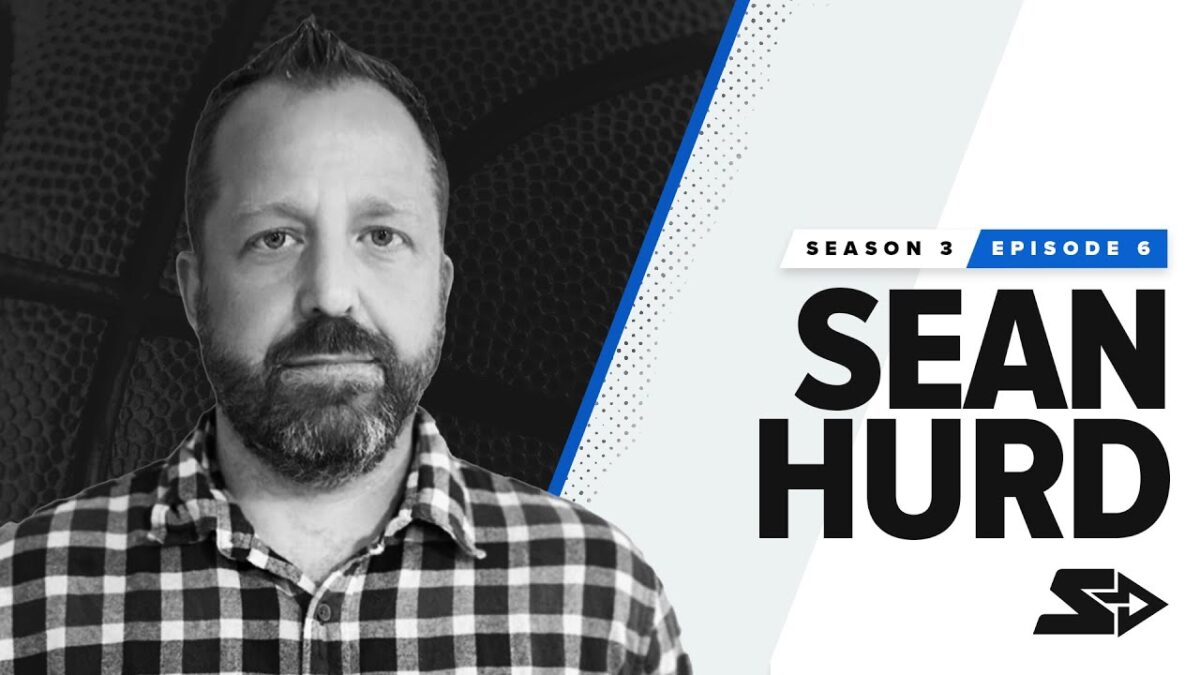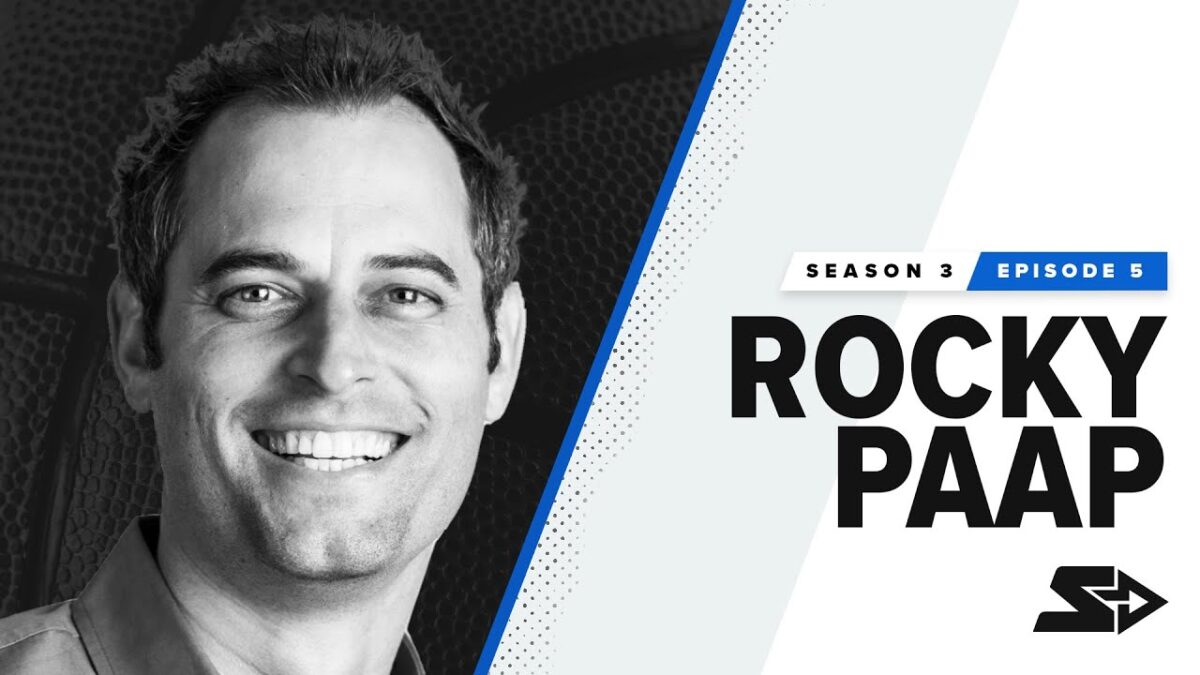Episode 4: Be Coachable | Ernest Owusu
Bhupendra Rathod
on
May 25, 2023
May 25, 2023
In Episode 4 of Merchants of Change, JR Butler interviews Ernest Owusu, a former NFL defensive end who successfully transitioned into a sales leadership role. This episode is particularly insightful for new sellers and those considering a career shift into sales, especially former athletes and military veterans.
Memories of the NFL
Ernest fondly recalls his first NFL game as a defining moment in his athletic career. Playing against the San Francisco 49ers, he experienced the emotional high of hearing the national anthem on the field for the first time. This moment encapsulated his lifelong dream of making it to the NFL.
He also highlights the importance of work ethic and dedication by sharing his experience with Jared Allen, a teammate who exemplified these traits. Allen’s relentless focus on perfecting his craft, despite already being at the top of his game, left a lasting impression on Ernest.
Transition to Sales
The transition from professional athlete to sales professional was not straightforward for Ernest. Initially exploring various careers, he eventually realized that sales was a natural fit due to the intangible qualities he developed as an athlete, such as discipline, dedication, and a competitive spirit. Conversations with former teammates helped solidify his decision to pursue a career in sales.
Ernest’s journey began as a Sales Development Representative (SDR), where he initially struggled, hitting only 50% of his quota in the first quarter. However, he drew on his experience as an athlete, where he had often been a rookie or freshman working his way up. This mindset helped him improve rapidly, eventually achieving and surpassing his targets.
Overcoming Challenges
One significant challenge for Ernest was adjusting to the role of a SDR after being an NFL player. The shift from being sought after to seeking prospects was a tough mental adjustment. He emphasizes the importance of embracing the rookie mindset, understanding that success in sales, much like in sports, requires perseverance and continuous improvement.
Advice for Aspiring Sales Professionals
Ernest offers valuable advice for those considering a career in sales. He stresses the importance of finding a strong manager who is invested in their growth. A supportive leader can significantly impact a new seller’s trajectory, providing guidance and resources necessary for success.
He also highlights four core traits essential for success in sales: grit, curiosity, conscientiousness, and business acumen. These traits, often inherent in athletes and veterans, can be cultivated to excel in sales roles. Ernest encourages aspiring sales professionals to seek mentorship, continuously learn, and remain adaptable.
Choosing the Right Sales Role
When evaluating potential sales roles, Ernest advises candidates to focus on companies with strong onboarding programs and a culture of development. He emphasizes the importance of leadership and a supportive environment that fosters growth and skill development.
Sales Leadership and Mentorship
Ernest’s transition into sales leadership was driven by his passion for motivating and developing others. He realized that his strengths in motivating individuals and creating effective processes were best utilized in a leadership role. His goal is to help others achieve generational wealth and success in their careers.
Conclusion
Ernest Owusu’s journey from the NFL to sales leadership is a testament to the transferable skills athletes bring to the business world. His story highlights the importance of perseverance, continuous improvement, and finding supportive leadership. Aspiring sales professionals can draw inspiration from his experiences and apply these lessons to their own careers.
Pellentesque et tempor ante, sit amet consectetur ipsum. Mauris ex turpis, fringilla ac lectus a, luctus accumsan tellus. Curabitur consequat felis porttitor ornare dapibus. Mauris pulvinar, justo at blandit lobortis, purus justo fringilla dui, non laoreet lectus dui sed tellus. In sit amet nunc mauris.
